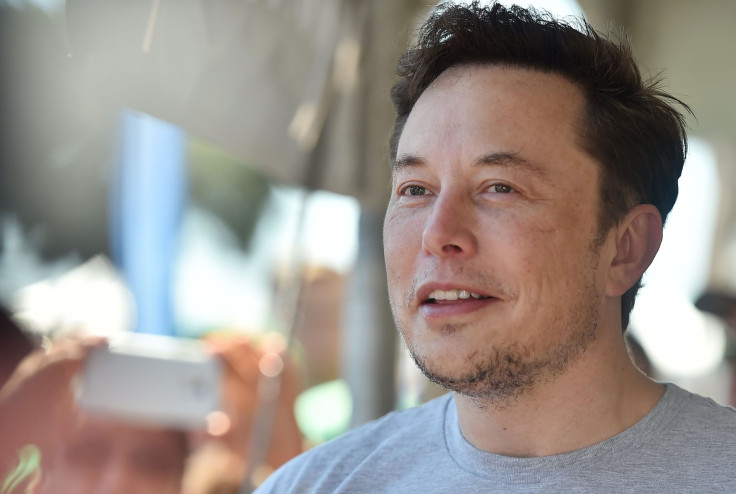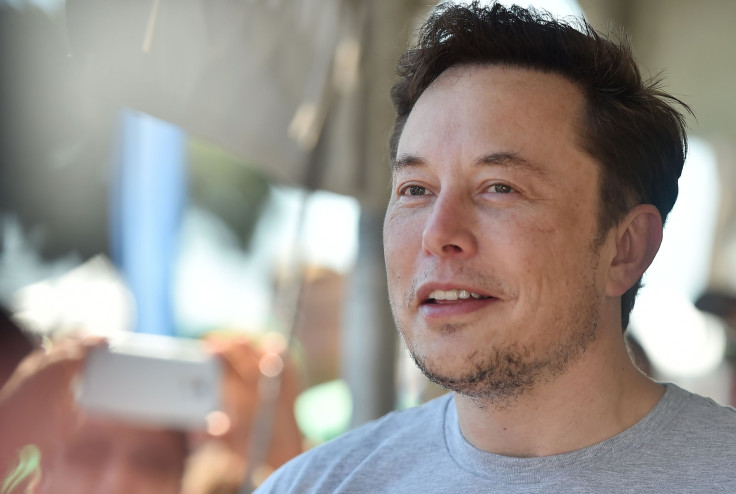Tesla Shares Fall Again After Car Company Asks Suppliers For Refunds

Another negative news report about electric car manufacturer Tesla (TSLA) sent the company’s stock price falling to begin the week. The Wall Street Journal reported Sunday that Elon Musk’s ambitious car company had asked suppliers to refund Tesla payments so the company can become profitable.
As a result, Tesla shares are down roughly 4 percent at the time of writing.
Profitability is one of many concerns investors have about Tesla. Musk committed to making the company profitable in the third and fourth quarters of this fiscal year back in April. The Palo Alto, California-based company reported a profit in the third quarter of 2016, but ran through $3.4 billion in cash last year, per CNBC.

The Tesla memo that prompted the Journal report was not clear about which suppliers were asked for retroactive refunds. It did, however, report that all suppliers were contacted about helping the company attain profitability. At least some of those suppliers never got the request, according to the Journal.
As he typically does, Musk took to Twitter to respond to the claim. He said only costs from the next quarter and beyond are relevant.
Only costs that actually apply to Q3 & beyond will be counted. It would not be correct to apply historical cost savings to current quarter.
— Elon Musk (@elonmusk) July 23, 2018
A Tesla spokesperson provided the following statement to International Business Times. Tesla also said a memo was not sent out to all suppliers, contrary to the Wall Street Journal's report.
“Negotiation is a standard part of the procurement process, and now that we’re in a stronger position with Model 3 production ramping, it is a good time to improve our competitive advantage in this area. We’re focused on reaching a more sustainable long term cost basis, not just finding one-time reductions for this quarter, and that’s good for Tesla, our shareholders, and our suppliers who will also benefit from our increasing production volume and future growth opportunities. We asked fewer than 10 suppliers for a reduction in total capex project spend for long-term projects that began in 2016 but are still not complete, and any changes with these suppliers would improve our future cash flows, but not impact our ability to achieve profitability in Q3. The remainder of our discussions with suppliers are entirely focused on future parts price and design or process changes that will help us lower fundamental costs rather than prior period adjustments of capex projects. This is the right thing to do.”
Tesla has not had an easy time of it in the stock market lately. Shares fell last week after multiple PR scandals involving Musk. Days later, the billionaire magnate had to shake off analyst claims that more people were canceling their Model 3 delivery orders than making new ones.
Production concerns have dogged Tesla for some time. The company appears more confident in its ability to quickly manufacture vehicles in recent weeks, having just opened up Model 3 orders to the general public for the first time.
There have been reports of unsafe working conditions at the company’s Fremont, California, plant and widespread layoffs have reduced investor confidence in the firm.
© Copyright IBTimes 2024. All rights reserved.





















